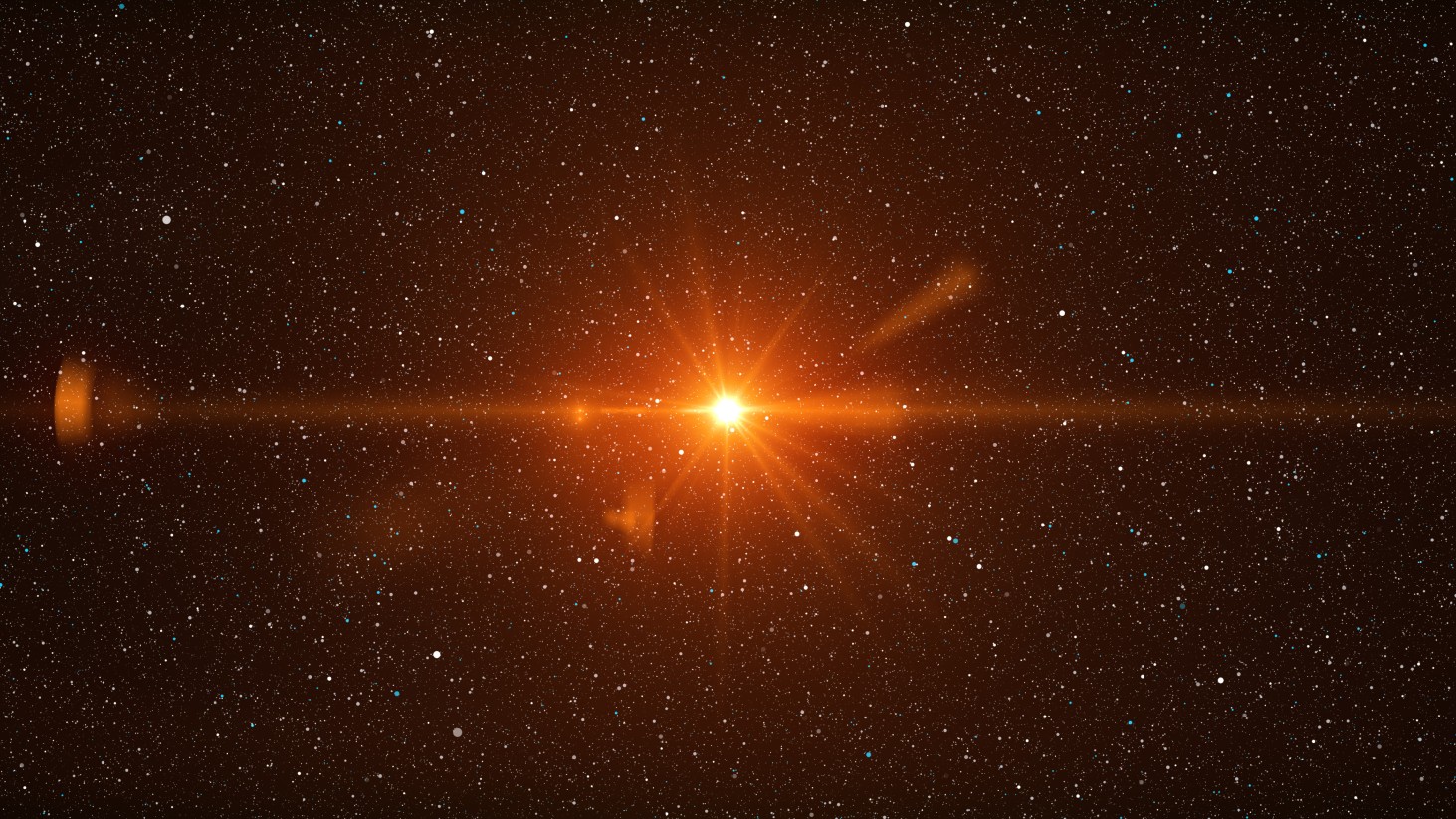Jonathan Coulton is a musician and songwriter. A former computer programmer and self-described geek, Coulton tends to write quirky, witty lyrics about topics like science fiction and technology: a man[…]
Sign up for the Smarter Faster newsletter
A weekly newsletter featuring the biggest ideas from the smartest people
Has the Internet changed marketing forever? Or do some people just become lucky?
Question: What lessons can others learn from your internet
marketing experience?
Jonathan Coulton: There are times when I think the Internet has changed everything and it's a whole new world and we're all going to be doing it this way and everyone should do what I did and it will work for them. And there are other times where I think, I just got lucky or there are specific reasons why it works for me and it won't work for anybody else. And or you know maybe my journey is really nothing new. It's what has always happened, which is that you make music that you like, you put it out there. You get it to as many people as possible, not worrying so much about how you're making money, because you really just want the music to be heard. And then if it catches on, people start buying it and you can start doing shows and people will pay to come see you and you can sell t-shirts. And you that story can happen without the Internet. I think that if anything has changed it's that it's possible now for someone like me to make pretty decent-sounding music with a minimal investment in actual dollar terms. The equipment that you can get now and the software that you can get now is really high quality stuff for not very much money. And the technology that the Beatles used to record Sergeant Pepper, that comes free on your laptop. So that's a big difference. You don't need a huge investment in money to make really great music and art of all sorts of kinds.
I also think that the rise of Internet culture is great for me and probably for other musicians who have a kind of niche music. There are so many more genres of music now than there have ever been, identifiable genres. You look at the list of genre names on Wikipedia, it's absurdly long. I've never heard of most of them. But these are names that people have made up to describe the music that they like. And I think without the technology and the connectivity the Internet brings, where there's a song in digital form that's easily downloadable and it's a format that's pretty universal at this point, mp3. There are all sorts of ways you can share it with your friends by clicking a couple of buttons. It is immediately copied and sent literally around the world for zero dollars. And that's kind of a remarkable thing and I think that is bound to change things quite a bit. I have to think that has done something to change the landscape. I believe it's been that very act of somebody listening to a piece of my music deciding they like it enough to pass it along to a friend, in whatever way they pass it along. My strategy all along has been to enable that as much as possible and to encourage that as much as possible in the belief that the first goal is to have the music heard. And the second goal is to get paid for making the music.
Jonathan Coulton: There are times when I think the Internet has changed everything and it's a whole new world and we're all going to be doing it this way and everyone should do what I did and it will work for them. And there are other times where I think, I just got lucky or there are specific reasons why it works for me and it won't work for anybody else. And or you know maybe my journey is really nothing new. It's what has always happened, which is that you make music that you like, you put it out there. You get it to as many people as possible, not worrying so much about how you're making money, because you really just want the music to be heard. And then if it catches on, people start buying it and you can start doing shows and people will pay to come see you and you can sell t-shirts. And you that story can happen without the Internet. I think that if anything has changed it's that it's possible now for someone like me to make pretty decent-sounding music with a minimal investment in actual dollar terms. The equipment that you can get now and the software that you can get now is really high quality stuff for not very much money. And the technology that the Beatles used to record Sergeant Pepper, that comes free on your laptop. So that's a big difference. You don't need a huge investment in money to make really great music and art of all sorts of kinds.
I also think that the rise of Internet culture is great for me and probably for other musicians who have a kind of niche music. There are so many more genres of music now than there have ever been, identifiable genres. You look at the list of genre names on Wikipedia, it's absurdly long. I've never heard of most of them. But these are names that people have made up to describe the music that they like. And I think without the technology and the connectivity the Internet brings, where there's a song in digital form that's easily downloadable and it's a format that's pretty universal at this point, mp3. There are all sorts of ways you can share it with your friends by clicking a couple of buttons. It is immediately copied and sent literally around the world for zero dollars. And that's kind of a remarkable thing and I think that is bound to change things quite a bit. I have to think that has done something to change the landscape. I believe it's been that very act of somebody listening to a piece of my music deciding they like it enough to pass it along to a friend, in whatever way they pass it along. My strategy all along has been to enable that as much as possible and to encourage that as much as possible in the belief that the first goal is to have the music heard. And the second goal is to get paid for making the music.
Recorded on May 6, 2010
▸
6 min
—
with





